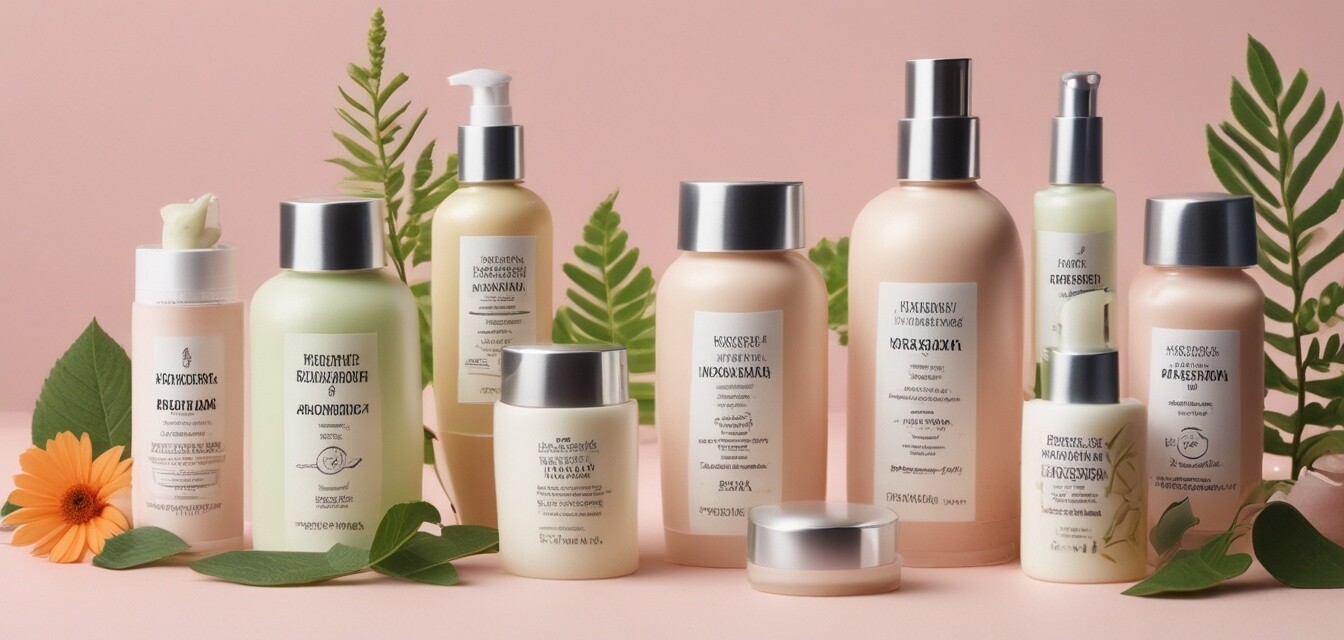
The rise of probiotic skincare products
- Probiotic skincare products are designed to support the skin's natural microbiome.
- They can enhance skin hydration and overall texture.
- Probiotics can help to reduce skin sensitivity and promote a balanced complexion.
- Choosing the right product involves understanding your skin type and individual needs.
In recent years, probiotic skincare has emerged as one of the most talked-about trends in the beauty industry. These innovative products aim to support the skin's natural microbiome, leading to healthier, more radiant skin. This article delves into the benefits of probiotic skincare products and offers guidance on how to incorporate them into your daily routine.
What Are Probiotic Skincare Products?
Probiotic skincare products include various formulations such as creams, serums, and masks that contain live bacteria or probiotics. Their primary aim is to enhance the skin’s microbiome – the ecosystem of microorganisms that coexist on the skin surface.
Why Are They Important?
The skin microbiome plays a crucial role in skin health. Imbalances can lead to problems like dry skin, acne, and eczema. Probiotics in skincare products can help restore this balance, contributing to a healthier complexion.
Benefits of Probiotic Skincare Products
- Hydration: Probiotics can enhance the skin's moisture content, helping to prevent dryness.
- Reduced Sensitivity: These products can help soothe irritation and reduce redness.
- Improved Texture: Probiotics can promote a smoother skin surface, reducing the appearance of fine lines.
- Balanced Complexion: By restoring the microbiome, probiotics can lead to an even skin tone.
How to Choose Probiotic Skincare Products
When selecting probiotic skincare, consider the following factors:
| Factor | Considerations |
|---|---|
| Skin Type | Identify whether your skin is oily, dry, or combination to find the right product. |
| Formulation | Look for creams, serums, or masks that contain live probiotics. |
| Brand Reputation | Choose products from reputable brands known for natural ingredients. |
| Ingredient List | Avoid products with synthetic additives; choose natural, organic options. |
Incorporating Probiotic Skincare into Your Routine
To maximize the benefits of probiotic skincare products, follow these steps:
- Start with a gentle cleanser to prepare your skin.
- Apply a probiotic serum to target specific skin concerns.
- Seal in moisture with a nourishing cream.
- Consider weekly probiotic masks for extra care.
Tips for Beginners
- Patch test new products to prevent adverse reactions.
- Introduce one new product at a time to monitor effects.
- Consult with a dermatologist if you're unsure about product compatibility.
Probiotic Skincare Myths Debunked
Despite their benefits, there are several misconceptions about probiotic skincare products:
- All probiotics are the same: Different strains target different skin concerns.
- They are only for problematic skin: Anyone can benefit from probiotics, regardless of skin type.
- Results are immediate: While some benefits are quick, most require consistent use over time.
Pros
- Supports the skin's natural microbiome.
- Enhances skin hydration and texture.
- Reduces skin sensitivity and irritation.
- Offers a more balanced complexion.
Cons
- Some products may be less effective for certain skin types.
- Requires a consistent skincare routine for best results.
- Can be more expensive than conventional skincare products.
Conclusion
The rise of probiotic skincare products signifies a shift toward more holistic approaches to skincare. By understanding the benefits and choosing the right products, you can enhance your skincare routine to promote a healthy, balanced complexion. For more guidance, check out our organic skincare buying guides to find the best solutions tailored for your skin.


